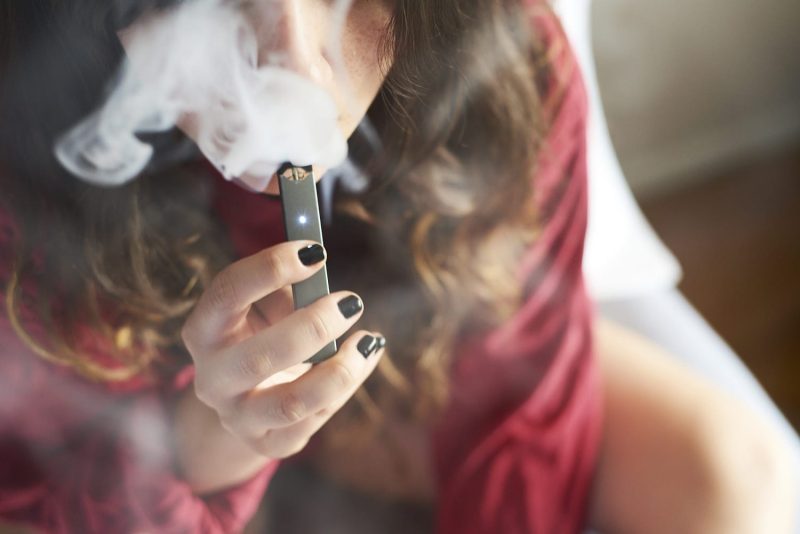
Get Paid: Juul Users Cash in Big with $300M Class Action Settlement
A recent report revealed that some JUUL users are set to receive thousands of dollars as part of a $300 million class-action settlement reached by the e-cigarette company. This settlement stems from a lawsuit filed by users who alleged that JUUL’s marketing practices targeted minors and led to nicotine addiction among young people.
The settlement marks a significant development in the ongoing controversy surrounding JUUL and its impact on public health. While JUUL initially gained popularity as a less harmful alternative to traditional cigarettes, it quickly became synonymous with a youth vaping epidemic. The company faced widespread criticism for its marketing strategies, which were perceived as explicitly targeting teenagers through the use of colorful packaging, social media influencers, and youth-oriented advertising campaigns.
In response to mounting legal challenges and regulatory scrutiny, JUUL has taken steps to address concerns about youth vaping. The company discontinued the sale of most flavored pods in retail stores and shut down its social media accounts. Additionally, JUUL has implemented strict age-verification measures on its website to prevent minors from purchasing its products.
Despite these efforts, the class-action lawsuit represents a significant financial setback for JUUL. The $300 million settlement will compensate affected users and fund public health initiatives aimed at combating underage vaping. The settlement also includes provisions for JUUL to implement stricter marketing and advertising policies to prevent future harm to young people.
The impact of the settlement extends beyond financial compensation. It serves as a stark reminder of the need for greater regulation and oversight of the e-cigarette industry. As e-cigarette use continues to rise among young people, policymakers, public health officials, and advocacy groups must work together to protect adolescents from the harms of nicotine addiction and vaping-related health issues.
Moving forward, it is essential for companies like JUUL to prioritize public health and safety in their business practices. By implementing responsible marketing strategies, supporting effective regulation, and investing in youth prevention programs, e-cigarette companies can play a positive role in reducing the prevalence of underage vaping and safeguarding the health of future generations.
